Kyle Rittenhouse: teenager on trial for BLM protest killings
The 18-year-old is charged with shooting three people during civil unrest on Wisconsin streets
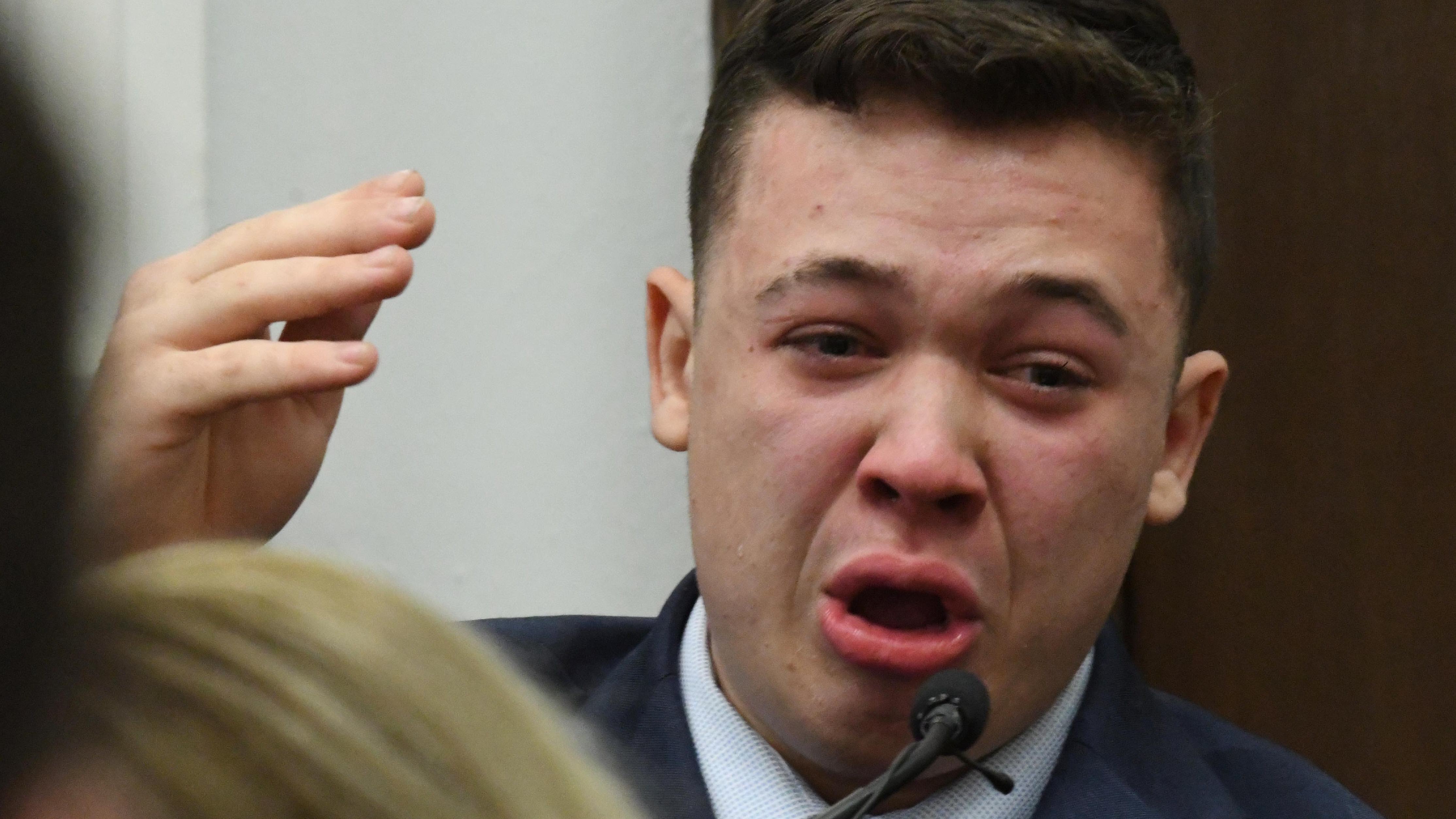
A free daily email with the biggest news stories of the day – and the best features from TheWeek.com
You are now subscribed
Your newsletter sign-up was successful
The murder case against Kyle Rittenhouse has been thrown into doubt after his lawyers demanded a mistrial over what they argued were “out-of-bounds” questions by the chief prosecutor.
Rittenhouse has been charged with shooting three people, two of whom died, during protests in Wisconsin last year against racial injustice. Testifying in court on Wednesday, the 18-year-old “broke down in tears, forcing a brief recess”, as he described being “cornered” by several men and firing in “self-defence”, the BBC reported.
He has pleaded not guilty to multiple charges including reckless, intentional and attempted homicide, but “faces life in prison if convicted of the most serious”, said Sky News.
The Week
Escape your echo chamber. Get the facts behind the news, plus analysis from multiple perspectives.

Sign up for The Week's Free Newsletters
From our morning news briefing to a weekly Good News Newsletter, get the best of The Week delivered directly to your inbox.
From our morning news briefing to a weekly Good News Newsletter, get the best of The Week delivered directly to your inbox.
‘I didn’t intend to kill’
Rittenhouse was 17 when civil unrest broke out in the Wisconsin city of Kenosha in August 2020, following the shooting of a black man, Jacob Blake, by white police officers.
The teen had previously attended local police cadet programmes and expressed support for the Blue Lives Matter countermovement, which advocates that anyone who murders law enforcement officials should be tried under hate crime laws.
Two days after the protests began, he travelled to Kenosha from his home in Antioch in Illinois, a mile south of the border with Wisconsin, armed with a AK-style semi-automatic rifle. Rittenhouse has claimed that “he sought to help protect property from unrest on the streets”, said the BBC.
A free daily email with the biggest news stories of the day – and the best features from TheWeek.com
Rittenhouse “sobbed and gulped for air” as he told Kenosha County Circuit Court that one of the men he shot, Joseph Rosenbaum, had “aggressively chased him into a parking lot” amid shouts of “get him”, said The New York Times (NYT).
Video footage of the chaotic scenes shows the armed teen shouting “friendly, friendly, friendly” to a crowd of onlookers.
He claimed that Rosenbaum lunged at him, adding: “I remember his hand on the barrel of my gun.”
“The person that attacked me first threatened to kill me”, Rittenhouse told the jury. “I didn't intend to kill. I intended to stop the person who was trying to kill me and trying to steal my gun.”
Rosenbaum died shortly after being shot four times.
The court heard that the second man shot by Rittenhouse had “hit him with his skateboard and also tried to grab his rifle”, the BBC reported. Anthony Huber died from a single gunshot wound to his chest.
Rittenhouse testified that a third man whom “he wounded in the arm”, Gaige Grosskreutz, “had approached him with a pistol pointed at his head”, the broadcaster continued.
In a “cross examination that lasted several hours”, said the NYT, prosecutor Thomas Binger “peppered” Rittenhouse with questions about why he had come to Kenosha “carrying a weapon and inserting himself into a highly volatile situation with a group that was unlikely to appreciate his presence”.
The teen was accused of having “created danger”, the paper continued, with the prosecution also probing “his decision to carry a gun that, as a minor at the time, he was too young to legally purchase in Wisconsin”.
Questioning Rittenhouse’s credibility, Binger alleged that the would-be vigilante had “misrepresented his medical credentials while patrolling the streets in Kenosha”. In a video clip played in the courtroom, Rittenhouse was seen shortly before the first shooting claiming to be an emergency medical technician (EMT) after being asked why he was there by a journalist from the Daily Caller, a right-wing news site.
The teen admitted that “I told him I was an EMT, but I wasn’t”. He had told the jury earlier that he was studying nursing at Arizona State University.
But a spokesperson for the university told the Chicago Tribune that Rittenhouse "has not gone through the admissions process" and was not enrolled there.
Political trial
The defence team have asked for a mistrial after Binger “asked Rittenhouse whether it was appropriate to use deadly force to protect property”, as well as posing “questions about Rittenhouse’s silence after his arrest”, The Guardian said.
As “the jury was ushered out of the room”, the paper added, Judge Bruce Schroeder “loudly and angrily” criticised Binger for “pursuing an improper line of questioning and trying to introduce testimony that the judge earlier said he was inclined to prohibit”.
Schroeder did not immediately rule on the request and is allowing the trial to continue. But if the motion is granted, “Rittenhouse cannot be tried again for the same crimes”, said The Independent.
The streets “outside the courthouse have been largely quiet” during this week’s hearings, the NYT reported, though “several protesters stood on the steps on Wednesday, including Justin Blake, an uncle of Jacob Blake”.
There is “no debate” over the “basic facts of the case” that Rittenhouse shot three men, killing two, the paper added. The key issue is whether he acted in self-defence.
Rittenhouse “has been embraced by the Right as a hero”, said The Washington Post columnist Paul Waldman. “On Fox News and other conservative media, one personality after another rushed to his defence.”
Waldman argued that “the most generous gloss you can honestly put on the events” is that Rittenhouse “was a dumb kid pumped up by the fantasy of saving the day with his gun, but he didn’t go there intending to murder anyone”.
But if Rittenhouse is acquitted, “it will be all the more likely that more deluded right-wingers will show up to protests, armed and looking for trouble”.
According to The Nation’s justice correspondent Elie Mystal, the US should be “prepared for Kyle Rittenhouse to go free”.
“In a just world, Rittenhouse would go to jail for a double homicide and illegal gun possession,” wrote Mystal in an article in the left-wing political magazine last month. But “we do not live in a just world; we live in a white one”.
Political pundit Stephen L. Miller was less convinced that race was a factor in the shooting, claiming that “the national media almost singularly focused on fabricating racial components” in Rittenhouse’s trial.
Jurors are “being fed the fantasy” that he was “a dangerous, mass-shooting, pro-Trump militia member, out for blood on the night of the Kenosha riots”, Miller wrote in an article for The Spectator.
“We are also being told, without evidence, that he is a white supremacist,” Miller continued. The tone of the coverage of the case “seems like a deliberate attempt to sway the national mood back towards the passion that ultimately sparked last year’s race riots”.
And “an acquittal cannot stand in the eyes of the national media, who have already all but passed their own verdict”.
Rittenhouse is charged with two counts of homicide, one of attempted homicide and two of recklessly endangering safety. He is also charged with possession of a dangerous weapon by a minor.
The teen has pleaded not guilty to all six charges, with closing arguments in his case expected on Monday.
Whatever the outcome, said The Washington Post’s Waldman, “Rittenhouse’s story is a tragedy” made worse by the fact that “the Right thinks it’s a triumph”.
-
 The Week Unwrapped: Do the Freemasons have too much sway in the police force?
The Week Unwrapped: Do the Freemasons have too much sway in the police force?Podcast Plus, what does the growing popularity of prediction markets mean for the future? And why are UK film and TV workers struggling?
-
 Properties of the week: pretty thatched cottages
Properties of the week: pretty thatched cottagesThe Week Recommends Featuring homes in West Sussex, Dorset and Suffolk
-
 The week’s best photos
The week’s best photosIn Pictures An explosive meal, a carnival of joy, and more
-
 ATF finalizes rule to close 'gun show loophole'
ATF finalizes rule to close 'gun show loophole'Speed Read Biden moves to expand background checks for gun buyers
-
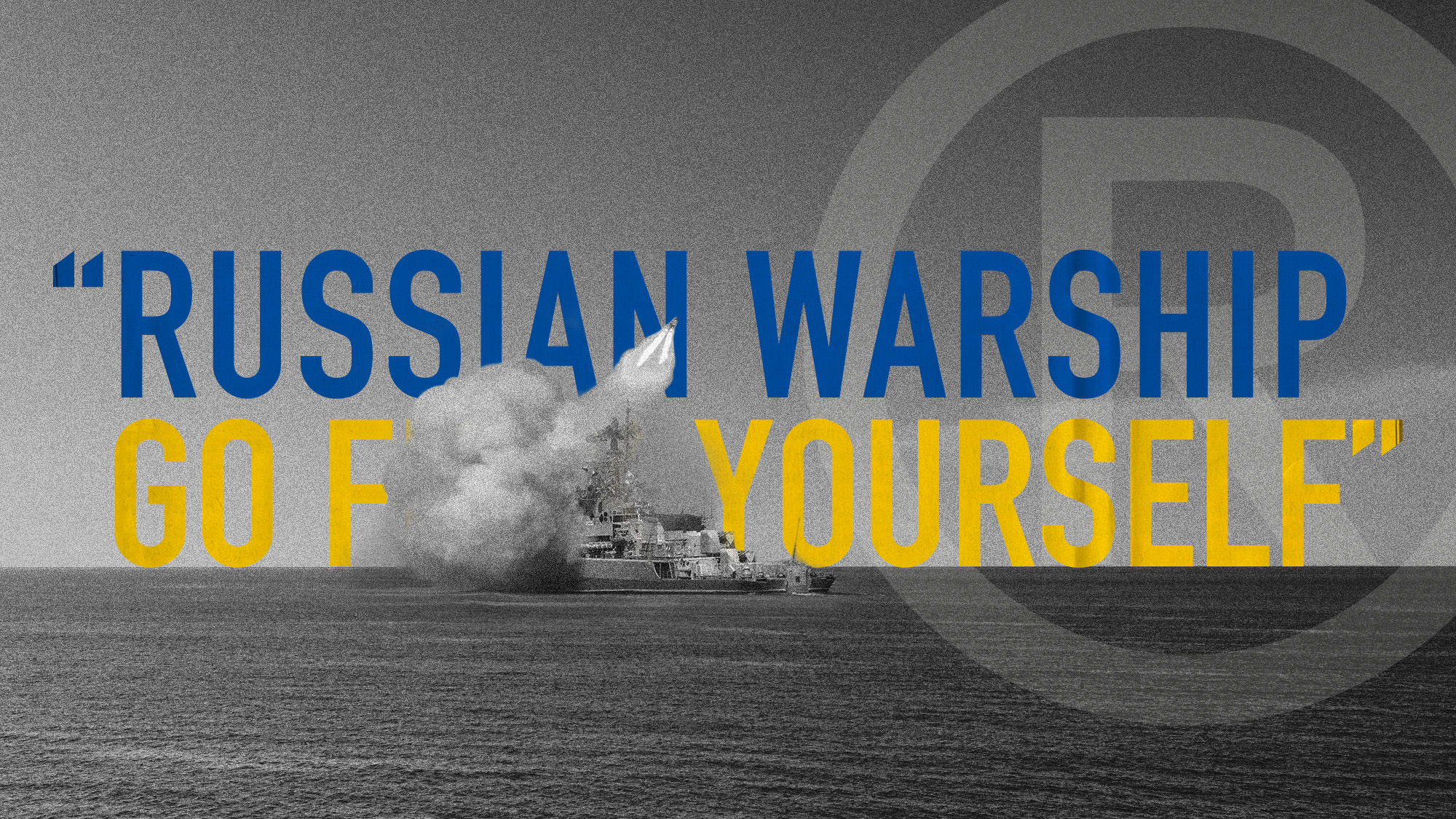 The trademark battle over the 'Russian warship, go f**k yourself' slogan
The trademark battle over the 'Russian warship, go f**k yourself' sloganUnder The Radar Row over the 'brave' response from a Ukrainian soldier to a Moscow warship that's become 'hot merchandising property'
-
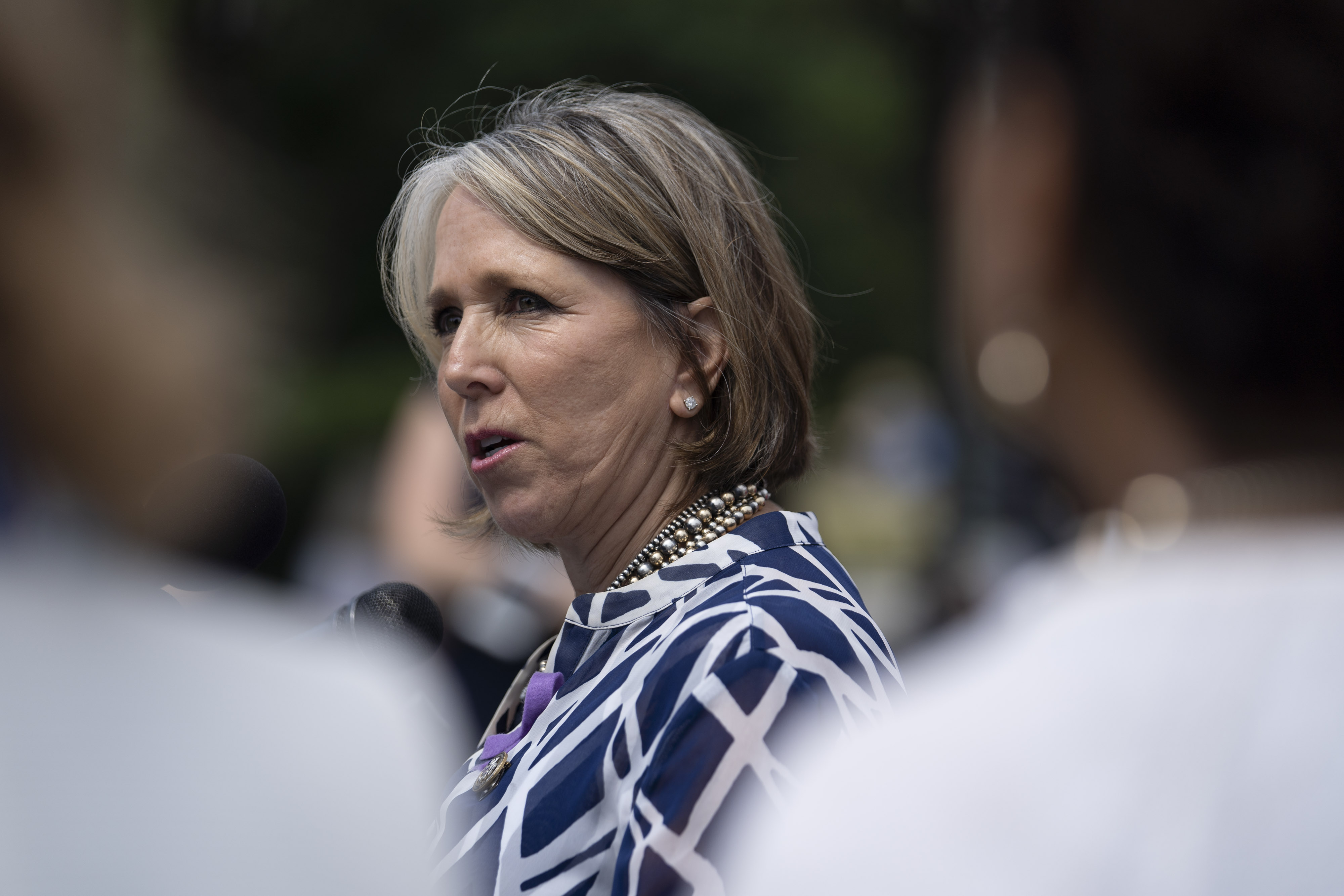 Why the New Mexico governor's gun ban backfired
Why the New Mexico governor's gun ban backfiredCritics say the Constitution isn't the only reason to oppose a 30-day gun ban in the name of public health
-
 Alex Jones ordered to pay nearly half a billion in Sandy Hook damages
Alex Jones ordered to pay nearly half a billion in Sandy Hook damagesSpeed Read
-
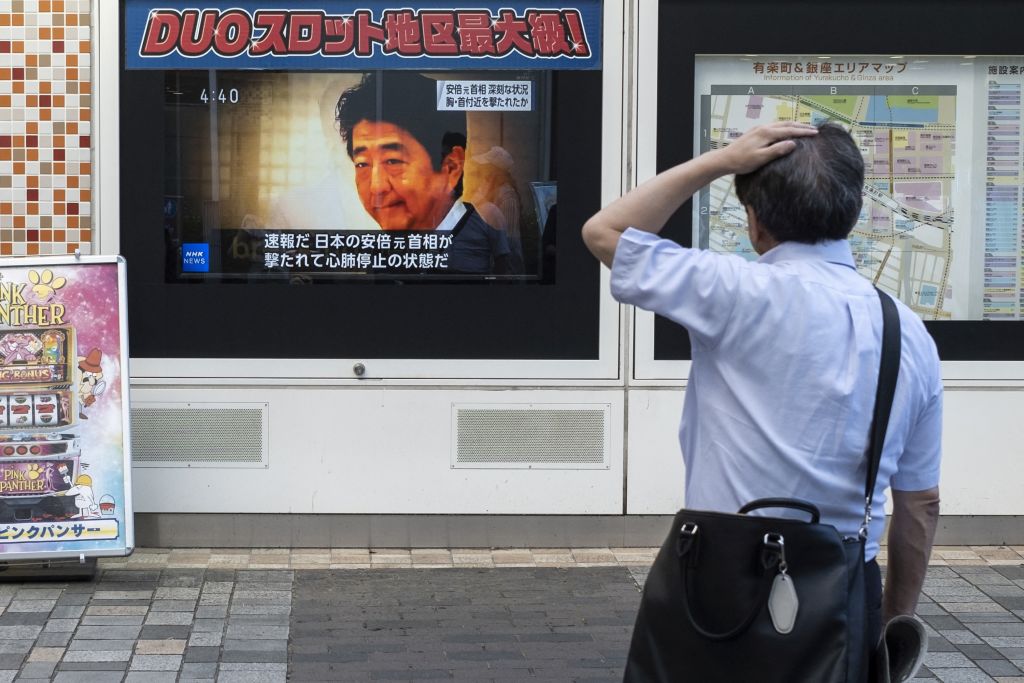 Former Japanese Prime Minister Shinzo Abe dies after being shot
Former Japanese Prime Minister Shinzo Abe dies after being shotSpeed Read
-
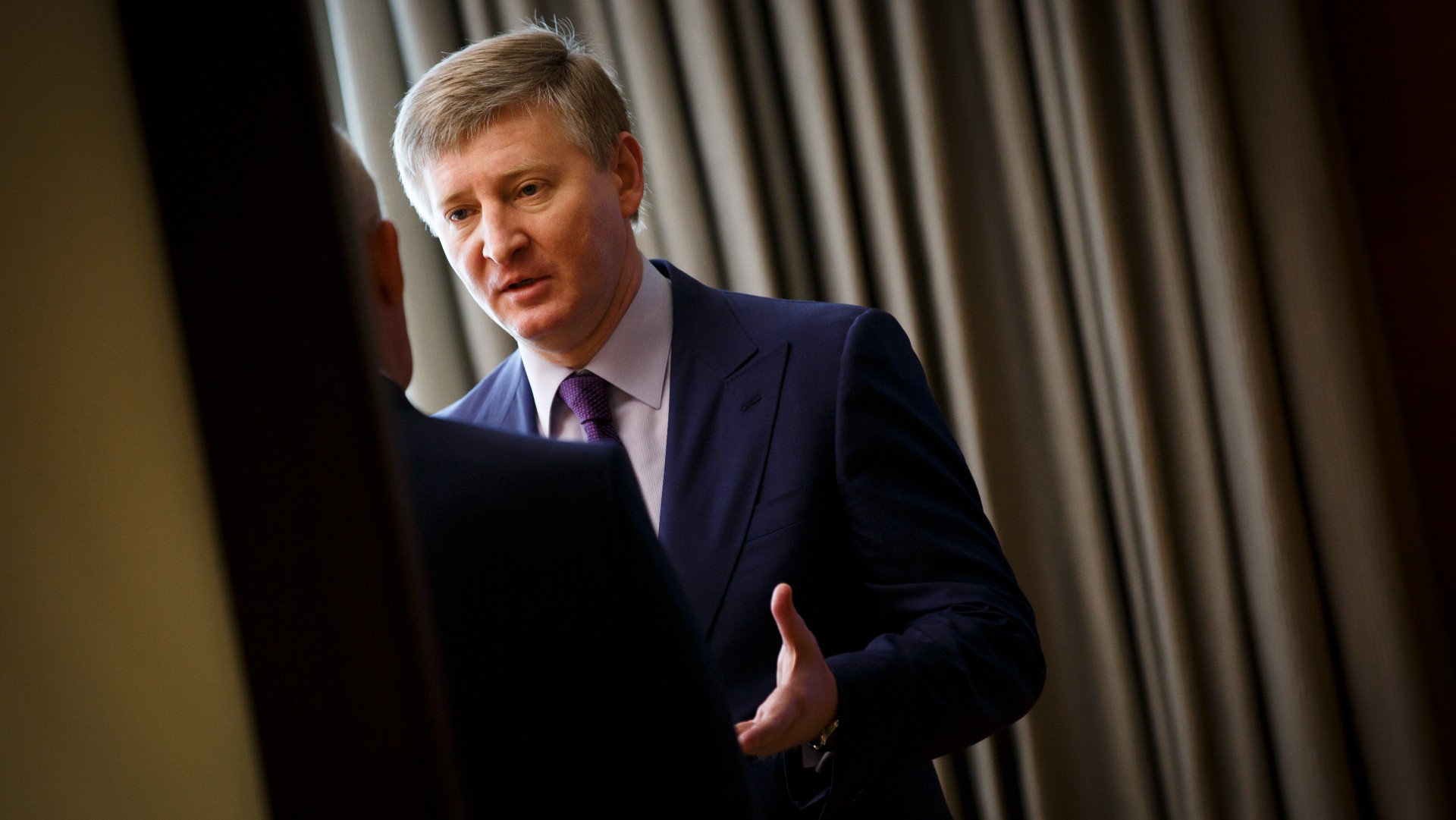 Rinat Akhmetov: the richest man in Ukraine sues Russia
Rinat Akhmetov: the richest man in Ukraine sues RussiaIn the Spotlight Steel magnate says invasion has cost him billions and violated his property rights
-
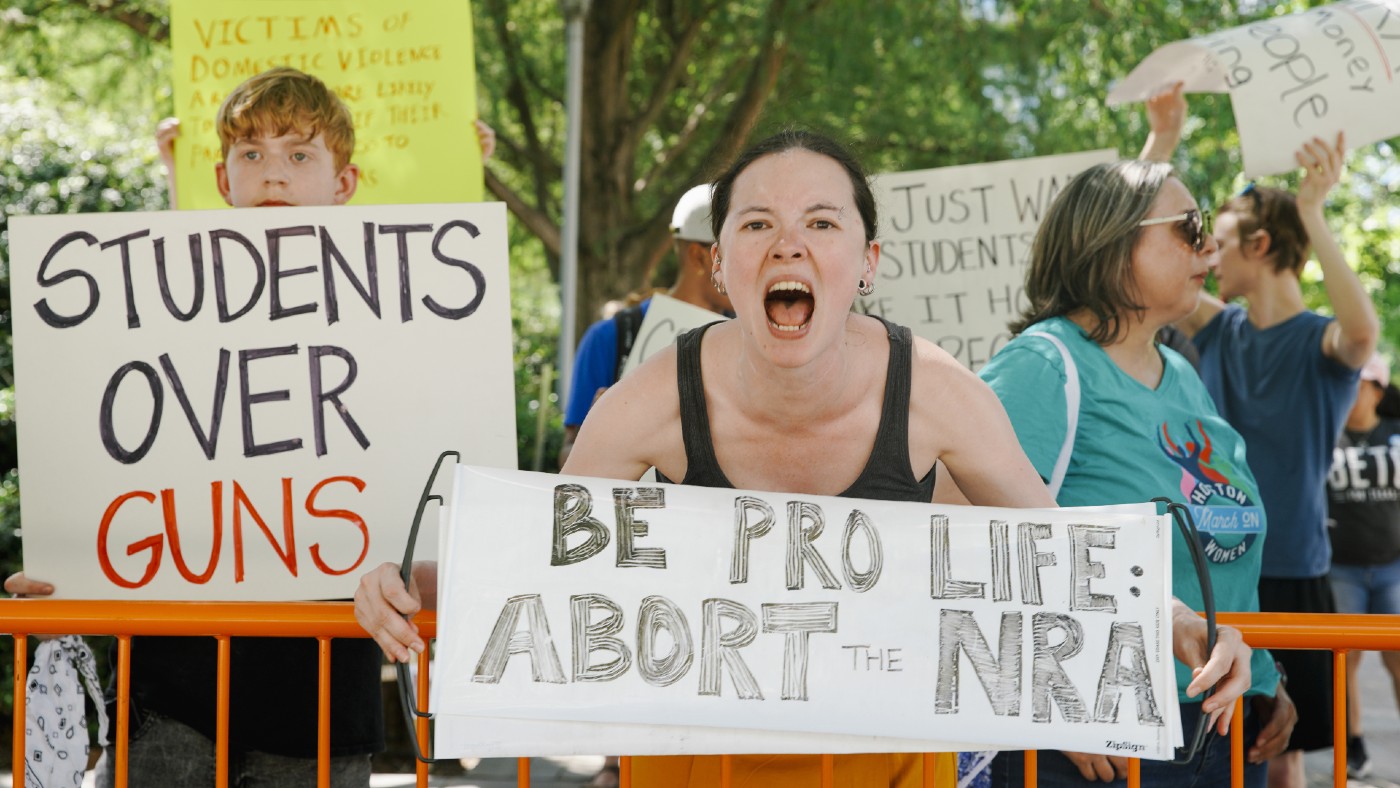 ‘The conspiracy theory convention’: what happened at the NRA’s annual meeting?
‘The conspiracy theory convention’: what happened at the NRA’s annual meeting?In the Spotlight Gun lobby members claim Texas school shooting was orchestrated to overshadow event
-
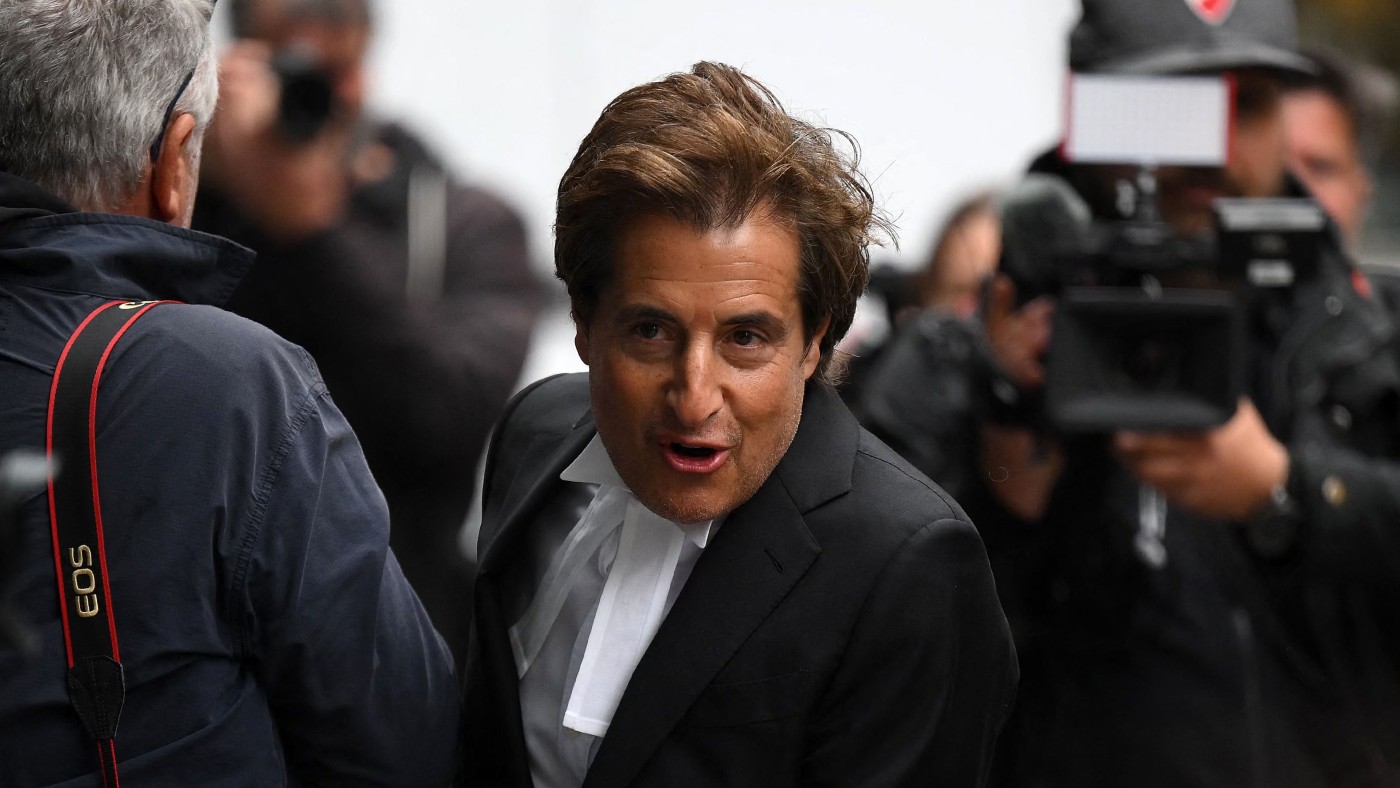 David Sherborne: the ‘barrister to the stars’ representing Prince Harry
David Sherborne: the ‘barrister to the stars’ representing Prince HarryIn the Spotlight Lawyer has successfully argued for celebrities but some colleagues find him ‘showy’